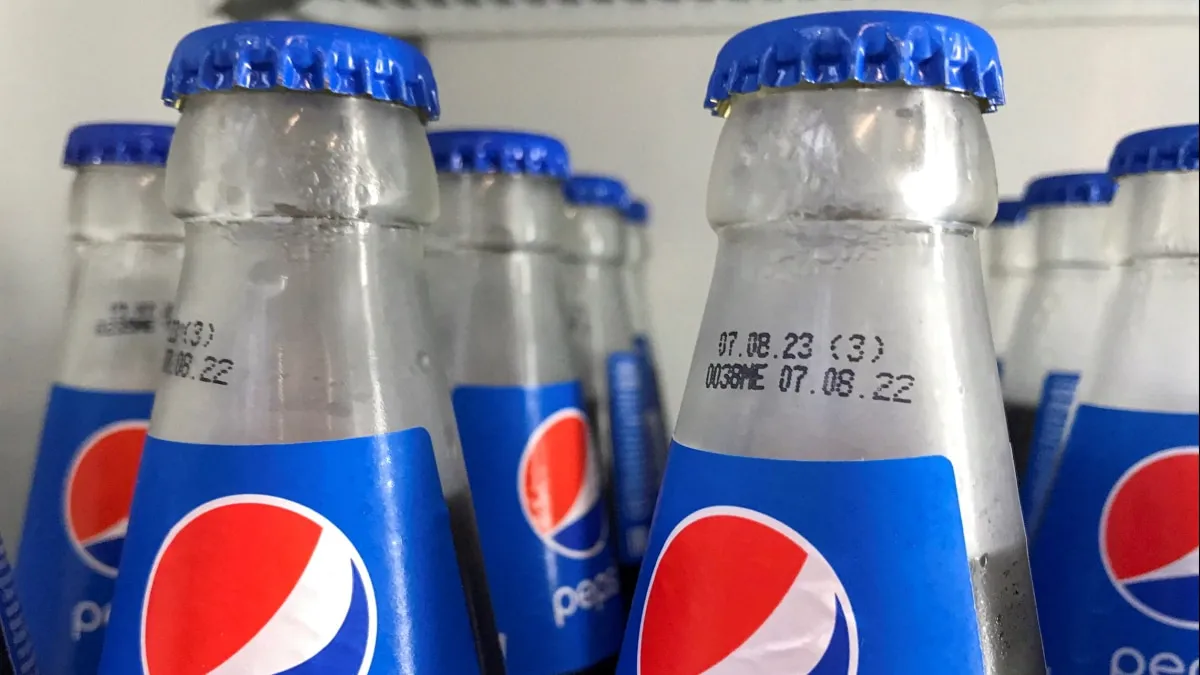On Friday, the China National Center for Food Safety Risk Assessment stated that aspartame, one of the widely employed artificial sweeteners, is deemed safe according to the current standards and regulations in China.
Following the announcement by the International Agency for Research on Cancer (IARC), a branch of the World Health Organization responsible for cancer research, aspartame has been categorized as a potential carcinogen.
This classification raises concerns about the safety of this artificial sweetener. The IARC’s hazard and risk assessment results have designated aspartame as “possibly carcinogenic” for humans.
The Joint FAO/WHO Expert Committee on Food Additives (JECFA), consisting of a separate group of experts, has reached a different conclusion. After conducting an independent evaluation of the available data, they determined that there is no substantial basis to modify the previously established acceptable daily intake (ADI) of 0-40 mg/kg body weight for aspartame.
The committee has therefore reaffirmed the safety of consuming aspartame within this daily limit.
Both the International Agency for Research on Cancer (IARC) and the JECFA carried out individual yet complementary assessments to evaluate the potential hazard of aspartame as a carcinogen and other associated health risks.
The classifications by the International Agency for Research on Cancer (IARC) are based on the scientific evidence regarding the potential of an agent to cause cancer in humans.
However, these classifications do not directly indicate the risk of developing cancer at a particular level of exposure. On the other hand, the risk assessments conducted by the Joint FAO/WHO Expert Committee on Food Additives (JECFA) assess the likelihood of specific types of harm, such as cancer, occurring under specific conditions and levels of exposure.
“The assessments of aspartame have indicated that, while safety is not a major concern at the doses which are commonly used, potential effects have been described that need to be investigated by more and better studies,”
said Francesco Branca, director of the Department of Nutrition and Food Safety, WHO.
Aspartame has been widely used in various food and beverage products since the 1980s, including diet drinks, chewing gum, gelatin, ice cream, dairy products such as yogurt, breakfast cereal, toothpaste and medications such as cough drops and chewable vitamins.
China has been strictly regulating the scope and maximum usage of aspartame through national food safety standards, according to which, the safety of aspartame can be guaranteed,” China National Center for Food Safety Risk Assessment said on its official website.



